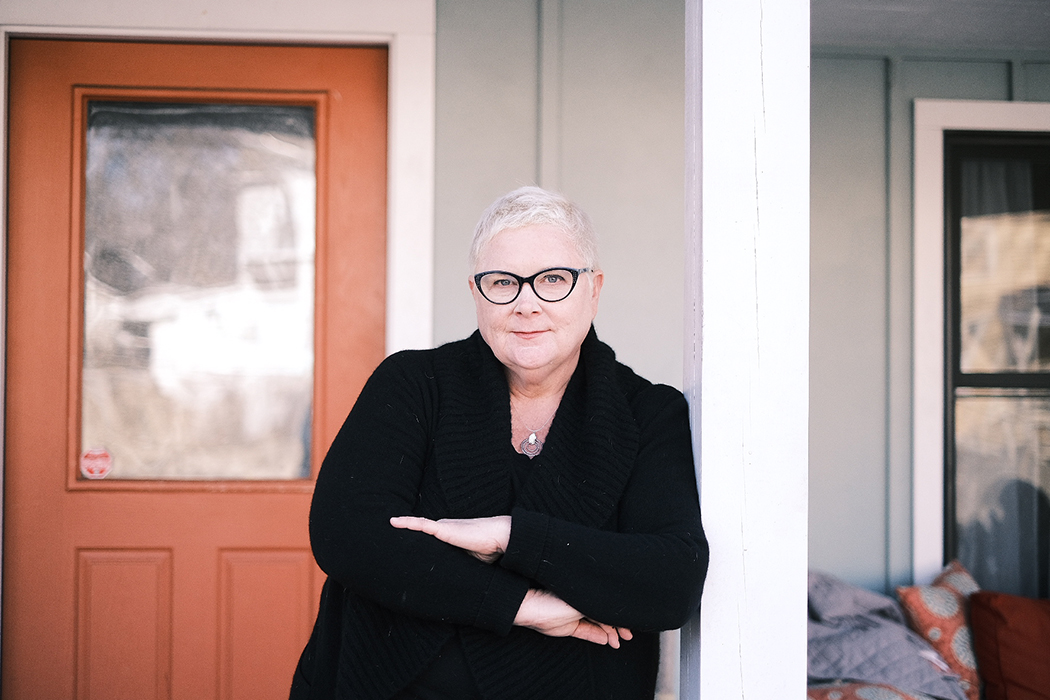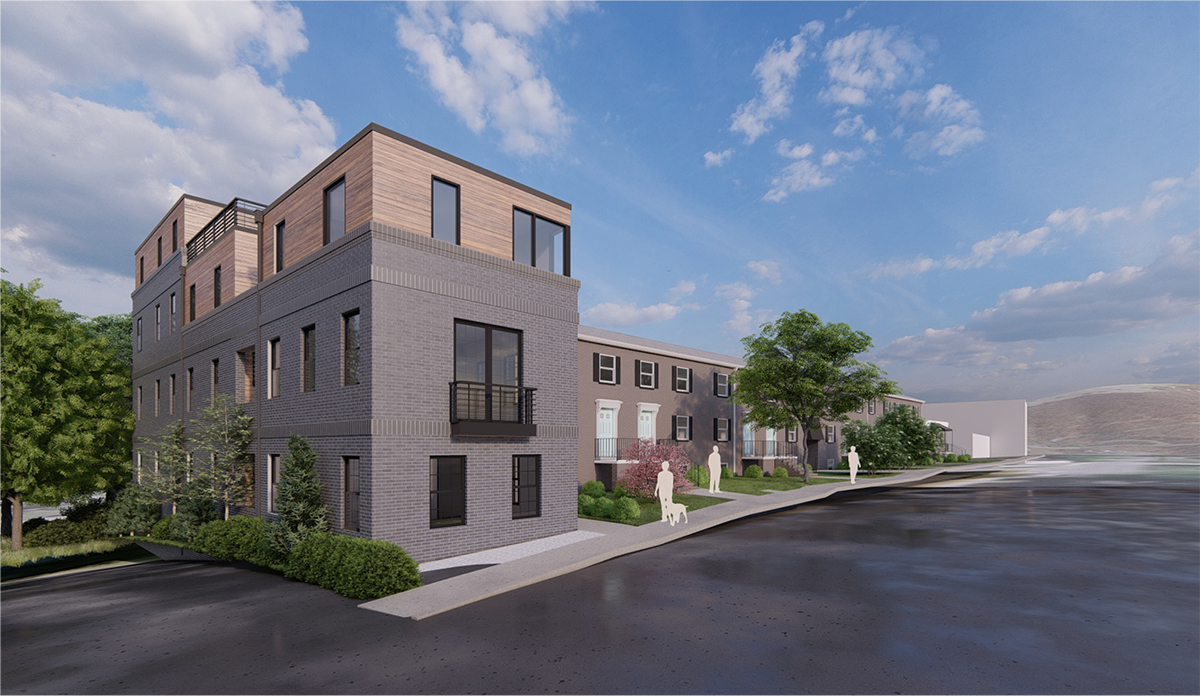Going viral
On February 12, UVA confirmed that a case of the extra-contagious B.1.1.7 British coronavirus had been found in the university community. (Though the British variant of the disease is more infectious than previous strains, it isn’t any more dangerous once the subject has been infected.) “These are concerning developments, but we believe we are capable of managing them as an institution and as individual members of this community,” the administration wrote in a community-wide email on Friday.
On Tuesday afternoon, the school experienced a dramatic new spike in COVID cases, with 121 cases reported in a single day. Previously, the highest single-day total was 59 new cases detected on September 17.
As of Tuesday afternoon, the school reports 364 active cases among students and another 12 active cases among faculty, staff, and contract workers.
In the fall, cases hit their highest point in the semester about a week after classes began. An even more drastic early-semester spike seems to be taking place this spring: Spring semester classes began February 1, and February 9 saw a record number of new cases.
The school has decided that in-person classes will continue, though all social gatherings are banned for the time being. Mandatory saliva testing for all students continues.
__________________
Quote of the week
“The new administration has been night and day. For one, just to know that the administration is committed to vaccinating our population.”
—Governor Ralph Northam, on how Biden taking office has affected Virginia vaccine policy
_________________
In brief
Take my statue… please!
The huge statue of Sacagawea, Lewis, and Clark at the intersection of Ridge and McIntire has been a thorn in Charlottesville’s side ever since descendants of Sacagawea came to town in 2019 and called the statue “the worst we have ever seen.” The city hoped to remove the statue during planned renovations to West Main in the next few years, but the local government is now looking for other options. Last week, the city posted a call searching for “any suitable organization or person who would be willing to safely remove, relocate, and take ownership” of the racist bronze eyesore. If no one comes forward, we hear it might be posted on Craigslist.
Hill family demands footage release
A group of UVA students and community members gathered outside the Rotunda last week to mark the one-month anniversary of the death of Xzavier Hill, a local 18-year-old who was shot and killed by a Virginia State Police trooper in January. The state police are investigating the incident but have not released body camera footage thus far. The Hill family says the footage, if released, will confirm Xzavier’s blamelessness in the incident.
Progressives coalesce
City Councilor Michael Payne, who introduced Bernie Sanders at a presidential campaign rally in Richmond last February, has now endorsed a progressive candidate for Virginia governor: Jennifer Carroll Foy. Thus far, Carroll Foy’s fundraising has reflected her position as one of the left-most candidates in the race. Thirty-six percent of donations to her campaign come from donors who contributed to progressive Tom Perriello’s 2017 run, by far the highest share of any 2021 candidate, according to the Virginia Public Access Project.






